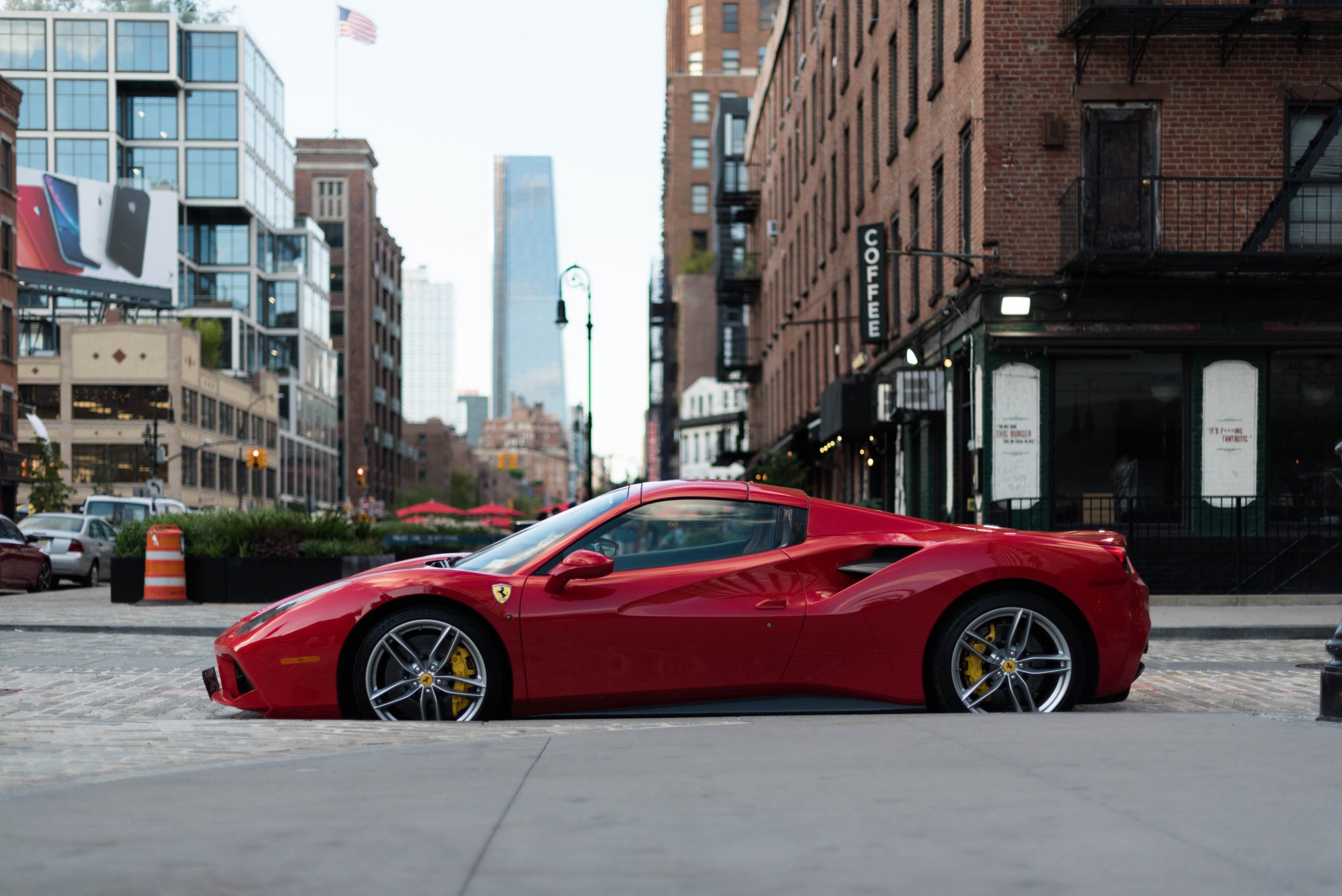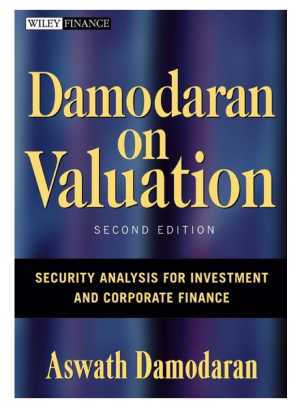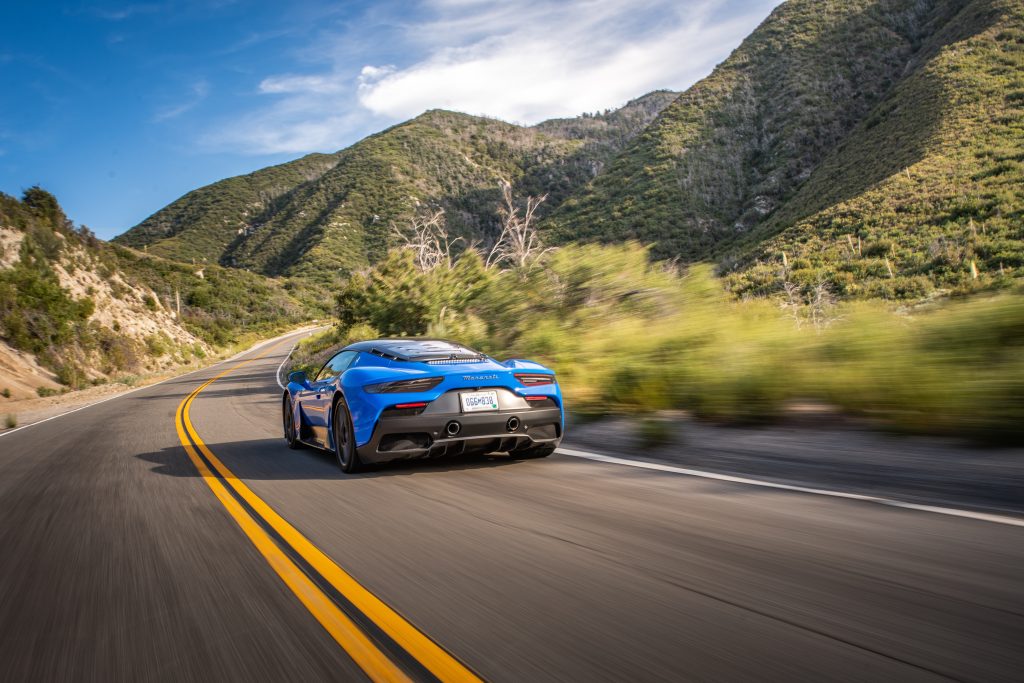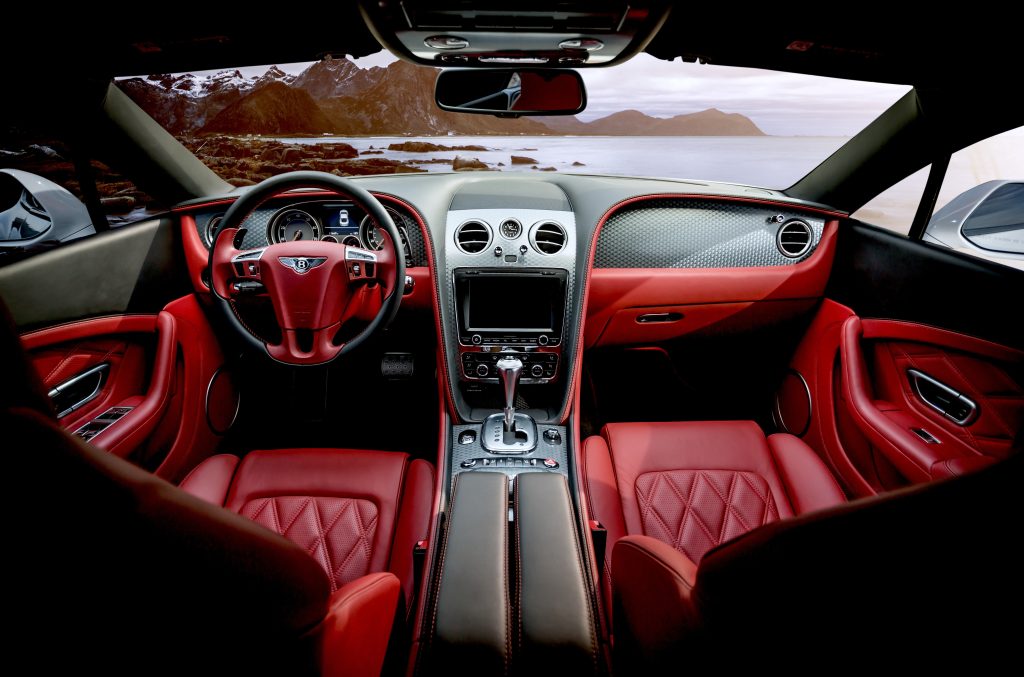True Luxury is Never "Comfortable"

LUXURY MARKETING STRATEGY - Professor Aswath Damodaran is one of the greatest names in corporate finance, an absolute luminary in the field of financial valuation strategy.
Read more: True Luxury is Never "Comfortable"He is active on the stages of the world's most prestigious university classrooms, and capable of single-handedly influencing the stock valuations of the largest multinationals.
In his numerous talks, Prof. Damodaran often cites the "Ferrari" case as one of the highest expressions of what Dr. Daniel Langer, a global authority in the luxury market and consultant for Ferrari among others, defines as ALV, Added Luxury Value – that nonlinear value creation ability that only luxury possesses.
Dr. Marco Gianni, representative of Dr. Langer for the Italian market, elaborates on the topic in this article with a cross-cutting view of the financial-business analysis approach expressed by Professor Damodaran, as presented in his talk at the CFA Association Switzerland.
The Ferrari brand stands out among all other automotive companies for a profitability that does not belong to the car market.
Ferrari is not an automotive company
The explanation? Ferrari is not an automotive company and should not be valued as such.
Words have tremendous power, rarely adequately considered, in constructing the proper mental framework to evaluate a company's economic development space.
If one considers Uber as a car-sharing company, it will move and compete in a market worth about $100 billion, but if, instead, it is qualified as a "logistics" enterprise, the reference market will be worth $300 billion.

The acquisition of new market share will have a different impact depending on whether it occurs in the former rather than the latter economic space.
The purchase of a Ferrari offers none of the practicalities and functionalities of a normal car and surpasses the "discomfort" or driving difficulties of even other high-level sports brands like Porsche or Aston Martin.
The purchase of a Ferrari is, as Damodaran says, the purchase of a ticket to a super-exclusive club, totally "impermeable" to any macroeconomic movement, well insulated from all those factors that affect or afflict ordinary mortals or even those not so common who can afford only a Maserati Ghibli.
Read this for more insight on Luxury Marketing Strategy
Luxury: Ticket to a super-exclusive club

The quintessential luxury trait of a Ferrari is revealed by the longevity of the brand, understood as complete emancipation and prior renunciation even of that mode of use distinctive of every mechanical construct composed of 4 wheels and an engine: the act of driving.
A Ferrari can simply exist for it own sake. The reason it exists is completely intrinsic and self-sufficient.
No functionality is required except in a potentiality that may never materialize or may only happen once a year, thus trespassing into another realm, that of ritual, procession, and celebration.
Never just simple "driving".
So, the behavior of the Professor's neighbor who is "content" to drive around the block once a year and then leave his “red-one” well-guarded in a secure garage doesn't seem all that extravagant.
Knowing that the Ferrari is parked in a hyper-security garage is all he needs to rationalize the expense.
Paying for state-of-the-art electronic security or armed guards that protect it is not perceived as an additional cost but as a satisfaction-generating factor: it's like keeping the sacred flame of a modern vestal virgin alive.
Luxury: A satisfaction-generating factor
The Professor's narrative captures the very essence, the differentiating value of a Ferrari, as an embodiment of the concept of luxury that, in my view, cannot rely "solely" on scarcity.
The reference to the "Ghibli case," the accessible luxury model from Maserati, is perfectly centered as an inevitable trade-off between expanding market share and declining profitability.
This is due to both increased production costs and the loss of brand value in terms of "exclusivity and uniqueness".
Now, my assertion is that even if Maserati, or any other high-end sports car brand, were to limit and reduce the quantity of their production to imitate Ferrari, they would never achieve the net profitability of 18% attained by the prancing horse.

The secret of the Ferrari brand lies at a deeper psychological level, well beyond the awareness of participating in one of the most exclusive clubs in the world.
Out of pure curiosity, one notes that the most exclusive club in the world is that of combat jet pilots who have pressed the "eject" button of their supersonic aircraft. And that cannot just be a freak occurrence.
Luxury Marketing Strategy: the real cost
Every authentic luxury item entails a level of sacrifice that cannot be confined to the economic sphere.
The rigorous criteria for purchasing and the willingness to submit to the "Ferrari House Code of Conduct" which does not shy away from expressing the most blatant "reprimands" for famous and wealthy clients like Justin Bieber, Floyd Mayweather, and even one of the untouchable Kardashians, are those "soft" factors that delineate a very clear and precise boundary between those who belong and those who do not.
Accepting any form of limitation on the use of an asset of which exclusive ownership has been acquired is the greatest "marker" of the brand's value as an expression of a true cosmos of well-defined values.

So, money alone is not enough.
There is no defying the laws of financial gravity without a true and complete commitment to a code of values that all devotes abide by.
Non-compliant behavior would be the greatest value destroyer. An unacceptable risk.
But even this analysis does not provide the true "key" unlocking the “magic” of the brand.
My assertion is that the day Ferrari starts producing efficient, flawless, reliable cars like Porsche, it will lose market share. It will just be another sports car. Fast, expensive, but still a car that falls within the realm of "usability," perhaps with excessive functionalities, but not nearly as exotic and “wild” as only a Ferrari can be. A Porsche, after all, is made to be driven, even for grocery shopping.
The luxurious waste of Ferrari, on the other hand, lies in the fact that the car is not perfect! Because that's how it's intended! It's not perfect, stable, or reliable at all, given its price tag!
And precisely this is a source of PRIDE!
"…Hear, my lord," said Goneril. "Why do you need twenty, ten, or five people to look after you in a house where twice the number are ordered to serve you?" "Why do you need even one?" said Regan. "Oh, don't argue about necessity! Even our meanest beggars have things they can do without. If you don't give a man more than he needs, his life won't be any better than an animal's. You're a lady. If you dress only to keep warm, then there wouldn't be any need for the beautiful fashionable clothes you wear, which barely keep you warm. But true need..."
Shakespeare (King Lear, Act II, Scene IV) has captured it perfectly.
No true luxury exists without true excess, which guarantees complete emancipation from anything even remotely oriented towards functionality or subject even to the most imaginative and exaggerated attempts at rationalization.
A Ferrari cannot be rationalized. It makes no sense from any logical perspective. The essence of Ferrari is to challenge logic in a very unique way, all its own.
Marketing Strategy: challenge logic in a very unique way
To realize itself, to fulfill the buyer, a Ferrari cannot simply be purchased. It must be "mastered" to enter that club that is not comprised of "mere" Ferrari owners, but of true Ferraristas.
The difference is as subtle as it is profound. The Ferrarista is knowledgeable about all things Ferrari. He converses with Ferrari mechanics at the dealership with familiarity, frowns down with satisfaction and inexplicable joy in the face of problems that should never arise.
This is the quintessence of luxury: the ability to transform a flaw into an exclusive feature to be appreciated, understood, and confronted, only by those who are “in the know”.
These are the distinguishing marks of exclusivity and membership, triggering a positive economic response for the brand by generating a desire that extends far beyond the initial level of admission – owning the car – to continuously progress with the need to increase and demonstrate one's status and position as a true Ferrarista through the purchase of more Ferraris, participation in events and competitions, and so on. This is the pinnacle of an unstoppable Customer Lifetime Value (CLV).

To translate all this into an economic narrative that paves a smooth path to financial sustainability, Ferrari not only needs to avoid diluting its value through increased production but also must ensure the ongoing creation of true Ferraristas.
These are the individuals who don't fret over the fact that the technology on the car dashboard hasn't improved a bit in the last ten years. It's like using an iPhone 6. A leap back in time.
So, how can new Ferraristas be cultivated and not become scarce? Ferrari must invest deeply in areas beyond the automotive/racing/engine world. This is part of the luxury marketing strategy.
The foray into fashion is a clear sign of this awareness. Gaming must also be incorporated on a grand scale, with extended and immersive reality, placements in films, possibly art fairs, sponsorship of a female Ferrari racing team, and any other endeavor that will oversee Ferrari's social relevance as a creator of meaning outside its characteristic industrial perimeter.
Luxury must be permeated by a so distinct and unique a "meaning" that today can no longer be guaranteed by the past or by ordinary and "discounted" efforts like racing or the construction of a new Ferrari Park or a necessary renovation of the Ferrari Museum in Modena.
"In a world of physical abundance, it's a lack of meaning that can kill you."
(V. Frankl, Man's Search for Meaning).
The Ferrarista knows they can go from 0 to 100 in 4 seconds if they wished; the exceptional is within reach; the Ferrarista is the pilot who can eject the seat from a supersonic plane.
Luxury: The exceptional is within reach
It will all revolve around the continuous creation of meaning that can give even an inert Ferrari in your garage a sense. It's about keeping the flame alive, never letting it extinguish under the threat of capital punishment.
This is not just about a simple community but about true "communion," one that makes you adhere to the norm even when "no one is watching."
It's the belief that forgives imperfection because true value is much higher. This is the challenge, and it's by no means a small undertaking, not even for Ferrari.
Dr. Marco Gianni, Esq., Luxury Marketing Strategy Specialist



